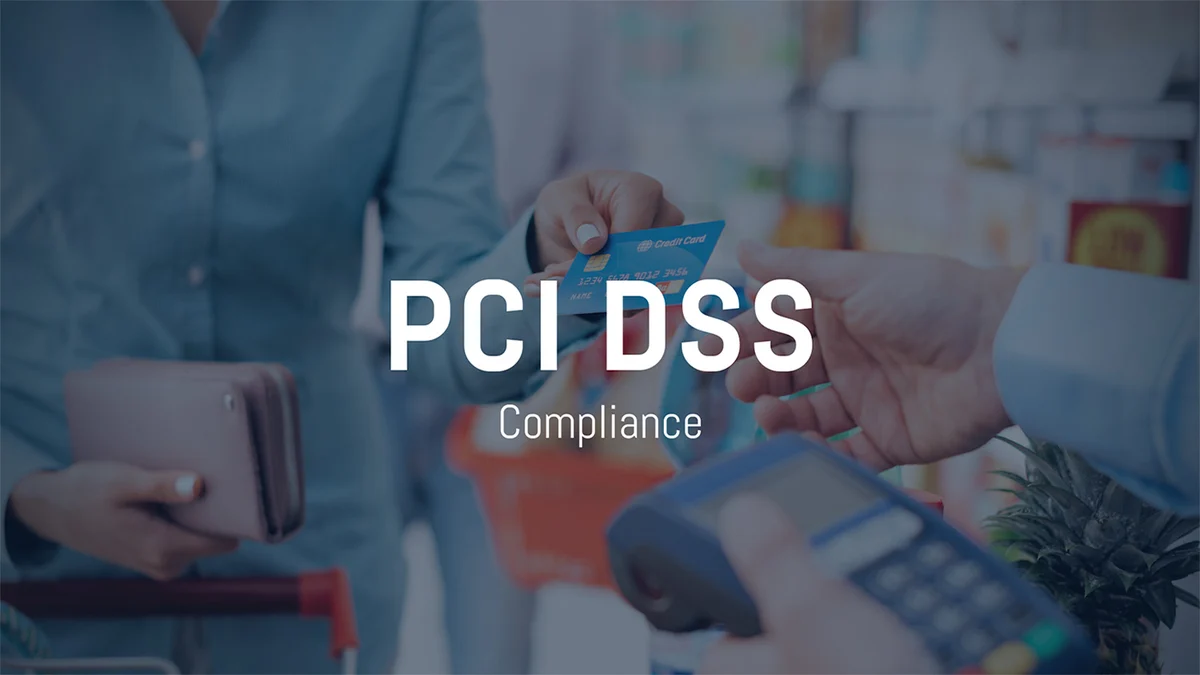PCI DSS Payment Card Industry Data Security Standard

Payment Card Industry Data Security Standard
PCI DSS compliance certification is a validation process that confirms an organization’s adherence to the Payment Card Industry Data Security Standard (PCI DSS). Achieving PCI DSS compliance certification demonstrates that the organization has implemented and maintains the necessary security measures to protect cardholder data and reduce the risk of data breaches.

Payment Card Industry Data Security Standard
PCI DSS compliance certification is a validation process that confirms an organization’s adherence to the Payment Card Industry Data Security Standard (PCI DSS). Achieving PCI DSS compliance certification demonstrates that the organization has implemented and maintains the necessary security measures to protect cardholder data and reduce the risk of data breaches.
- Assessment: The organization conducts an assessment of its security controls and practices against the requirements outlined in the PCI DSS standard. This may involve internal audits, vulnerability scans, and penetration testing to identify any weaknesses or areas of non-compliance.
- Remediation: Based on the assessment findings, the organization takes corrective actions to address any identified vulnerabilities or deficiencies in its security posture. This may involve implementing additional security controls, policies, or procedures to align with PCI DSS requirements.
-
Validation: Once the remediation efforts are complete, the organization undergoes a validation process to demonstrate compliance with PCI DSS. The validation method depends on the organization's level of involvement in handling cardholder data:
- Self-Assessment Questionnaire (SAQ): For small merchants and service providers that process a relatively low volume of transactions, self-assessment questionnaires are used to assess compliance. The SAQ consists of a series of yes/no questions about security controls and practices.
- External Audit: For larger organizations or those that handle a high volume of transactions, an external Qualified Security Assessor (QSA) conducts a formal audit of the organization's security controls. The QSA assesses the organization's compliance with PCI DSS requirements and provides a report detailing the findings.
- Attestation: Following the assessment or audit, the organization submits an attestation of compliance (AOC) to the payment card brands or acquiring banks. The AOC certifies that the organization has completed the necessary steps to achieve PCI DSS compliance and provides details about the assessment or audit process.
- Certification: Upon review and acceptance of the AOC, the organization receives certification of PCI DSS compliance. This certification demonstrates to stakeholders, including customers, partners, and regulatory authorities, that the organization meets the security standards established by the payment card industry.
- Ongoing Compliance: PCI DSS compliance is not a one-time event but an ongoing process. Organizations must continually monitor their security posture, conduct regular assessments, and maintain compliance with PCI DSS requirements to protect cardholder data effectively.
Overall, PCI DSS compliance certification provides assurance to stakeholders that an organization takes the security of payment card data seriously and has implemented appropriate measures to safeguard sensitive information.